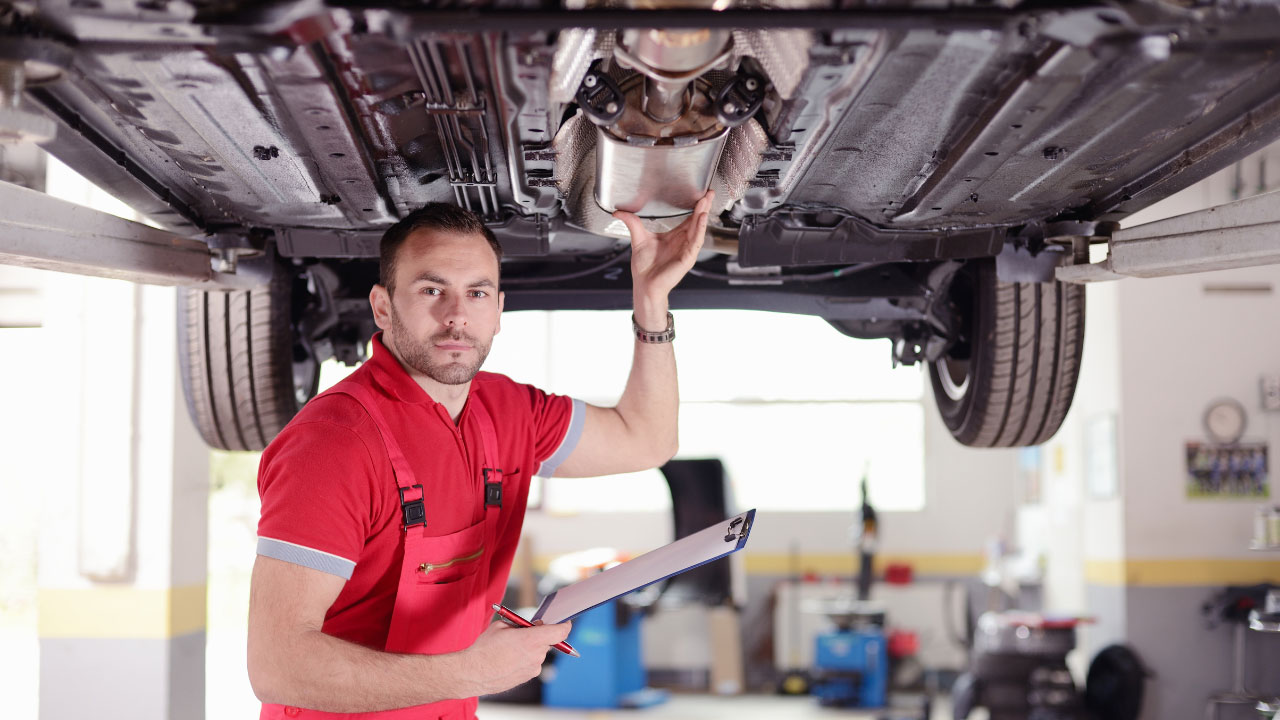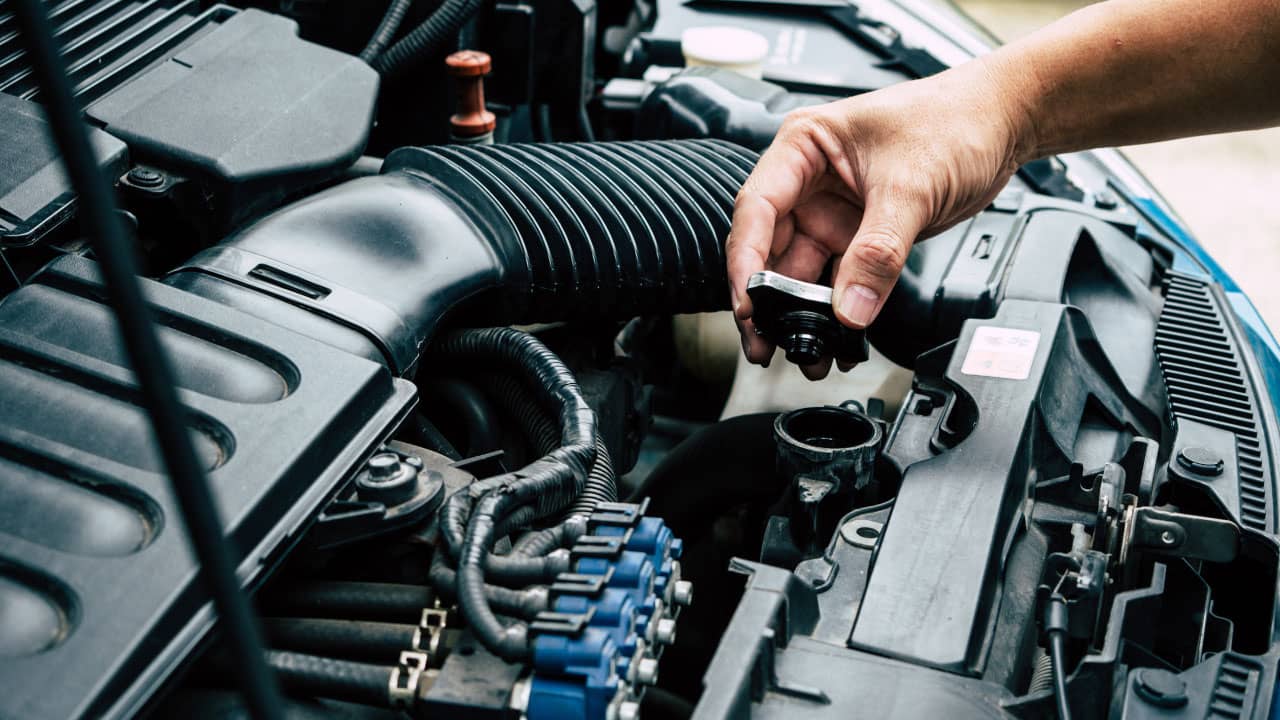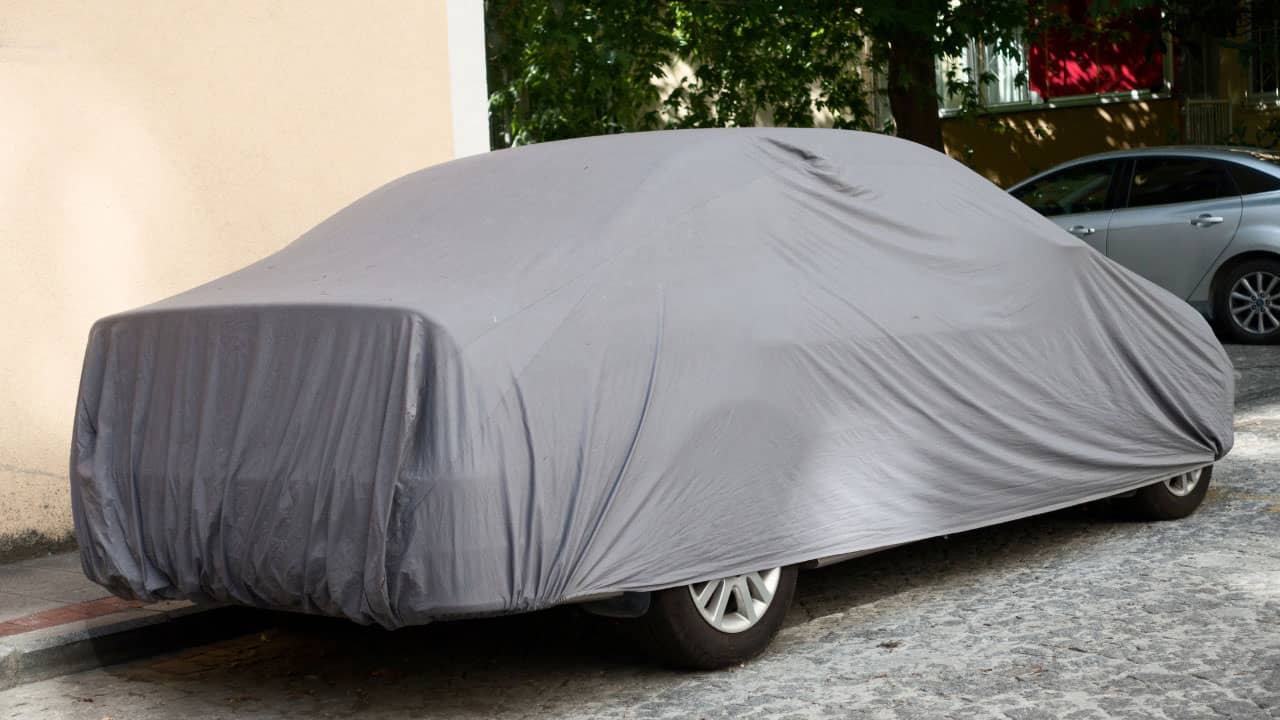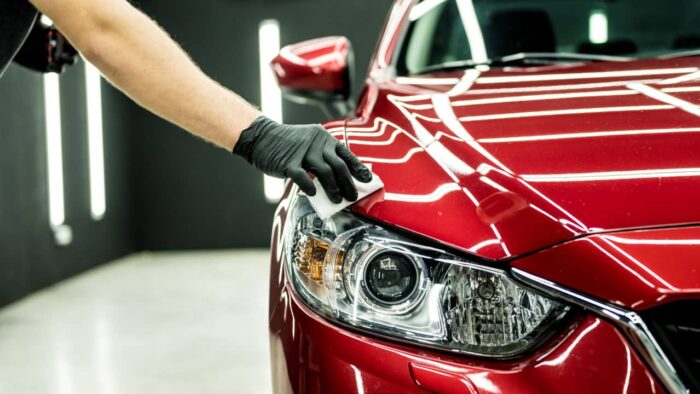When it comes to cars, you cannot always predict when they will break down or come up with one defect or another. A standard car’s average lifespan is currently around 200,000 miles.
To make your car last longer than the expected 200,000 miles or 12 years, there are some simple and proven tips that you must put into practice. This article explains 10 simple and proven ways to make your car last longer.
10 simple and proven ways to make your car last longer
To make your car last longer, you must understand how to take care of it and how important car maintenance is. These tips will make your car last for a long time and save you unnecessary costs in the future. They are:
- Proper routine maintenance.
- Monitor fluid levels.
- Keep an eye on your tires.
- Drive carefully.
- A clean car is a happy car.
- Store your car properly.
- Don’t overload your vehicle.
- Read the manufacturer’s manual.
- Use high-quality fuel and parts.
- Pay attention to warning lights.
Proper routine maintenance
Knowing how to make your car last longer comes with knowing how to carry out proper routine maintenance. Scheduled and regular maintenance of the vehicle’s parts can help fix minor problems before they escalate into major ones. Lubricating, cleaning, carrying out a close inspection of equipment, and testing safety equipment, among others, are some examples of routine maintenance you should carry out regularly. Also, be very proactive about getting repairs. Don’t abandon a damaged vehicle, as this only makes it worse.

Pro tip: Regular servicing, oil changes, brake inspections, tire rotations, and other minor routine maintenance procedures can help identify minor problems and make your car last longer. You can also follow the manufacturer’s maintenance procedure, as this can help your car have a longer lifespan.
Monitor fluid levels
There are several fluids required to actually get a car running: oil, brake fluid, antifreeze or coolant, and transmission fluid. Without these fluids, it’s only a matter of time before one major vehicle part sustains damage and your vehicle breaks down.

Pro tip: Actively monitoring your car’s fluid levels keeps it operating efficiently and extends the life of your car.
READ ALSO: How To Use AC In a Car During Rain? (Explained)
Keep an eye on your tires
Are your tires in good condition? Yes? Not sure? Your car’s tires should be closely monitored at all times. When the car’s tires are in good condition, it increases:
- The vehicle’s efficiency.
- The car’s performance.
- The car’s safety.
- The fuel economy of your car.

Pro tip: Make sure to monitor and maintain the car’s tire pressure whenever you can. Look out for wear and tear, keep tires inflated at all times, and rotate tires every 6,000–8,000 miles.
When a car tire is worn out, replace it immediately to prevent accidents and crashes.
Drive carefully
Understanding how to make your car last longer comes with being conscious about driving carefully. The way you drive has a direct impact on your car’s lifespan, efficiency, and performance. When a car owner drives smoothly in accordance with the law, there is no strain on the car’s engine or transmission. Driving recklessly over bumps can cause damage to a vehicle’s suspension.

Pro tip: Stay alert to your surroundings and avoid running into bumps and potholes. Drive smoothly to avoid unnecessary damage to your car’s engine, transmission, and suspension.
Keep your vehicle’s interior and exterior clean
Keeping your vehicle clean at all times is one way to make your car last longer. You have daily contact with the interior of your car daily. The least you can do is keep it clean. Without proper cleaning, the interior could be in danger of wear and tear, moldy smells, and more. Ensure that the interior surfaces are cleaned on a regular basis. Remove dust from the seats and get rid of takeout containers. This step keeps your vehicle looking new for a long period of time.
The exterior of your vehicle is not left out. How can you take care of your car’s exterior? A regular wash with soap and water should be enough for the exterior. Ensure that the exterior is dried out with a drying towel and not just any cloth, as this may leave scratches on the car’s paint.
Pro tip: A clean car is a happy car. Wash the exterior properly and ensure the upholstery, seats, carpets, and surfaces are properly cleaned and tidy.
Store your car properly
Before you go on that long trip and leave your vehicle stored, make sure you follow the right procedure.
- Make sure that the vehicle’s exterior and interior are properly cleaned and dried.
- The vehicle must be stored in a cool, dry (not humid) place. This prevents moisture from damaging the car’s components.
- If possible, take the battery out of the car or use a battery tender to keep the battery charged for the period the car will be stored.

Pro tip: You don’t want a moldy smell or a car with faulty components when you bring your car out of storage. Ensure that your car is stored properly, and it is sure to last longer.
Don’t overload your vehicle
What happens when a vehicle carries too much load? It puts too much strain on the engine, transmission, and suspension. Do you want to know how to make your engine last longer? Don’t overload your vehicle. Pay attention to your car’s weight limits and refrain from carrying heavy items on the car’s roof.
Overloading the vehicle also puts strain on the tires, causing overheating and wear and tear. Sometimes, the proper front-end steering gets thrown off balance, resulting in uncomfortable driving conditions. Fuel efficiency drops as well because more fuel is needed to move the vehicle.
Pro tip: Avoid overloading your vehicle. It has negative effects on the engine, transmission, suspension, tires, steering, and fuel efficiency.
READ ALSO: Can You Use A Marine Battery In A Car? Truth You Should Know
Read the manufacturer’s manual
The last tip on how to make your car last longer is to read the manufacturer’s manual. No one reads the manual these days. The driver’s manual should be seen as the ultimate guide. If you have any questions, the first thing you should do is locate the manufacturer’s manual. With the car manual, you can find the recommended maintenance schedule, understand what every button does and what every warning light means, know how to open the fuel door, know what type of fluid your vehicle requires, and a lot more information.
Pro tip: The car manual can be found in the glove box of a new car. This manual should be your guide. Do you need a car manual? Yes, you need those instructions if you want your car to last.
Knowing your vehicle specifications keeps the car owner in check as they have full knowledge of the vehicle parts and can carry out maintenance on the right parts. A vehicle history report from Vehicles Report provides full vehicle specifications on a specific used vehicle. All that is needed to get this information is the car’s VIN (vehicle identification number). With a vehicle history report, you may gain access to the car’s auction history, sales history, accident history, damage history, open recalls, accurate odometer readings, service records, maintenance records, and more.
Use high-quality fuel and parts
The better the fuel quality, the smoother the engine runs. Low-quality fuel comes with debris that can cause buildup in a vehicle’s engines. Follow the recommended octane rating for your vehicle; otherwise, you risk knocking your car’s engine and damaging your vehicle.
When it comes to car parts, cheap car parts will do your car no good. The reason it’s labeled “cheap” is because it’s probably substandard or fake. Some of the car parts you should never go cheap on are brake pads, tie rod ends, power steering hoses, serpentine belts, and powertrain parts.
Pro tip: Take a look at your car’s manual and locate the recommended octane rating for your car. Using higher-octane fuel when it is not suggested by the manufacturer can reduce the life of your engine and car.
Pay attention to warning lights
They are called warning lights for a reason. Don’t ignore them. Whenever a warning light comes on in your car, make sure to attend to the problem immediately. Warning lights indicate a problem or defect that could lead to even more serious damage. Driving a car without paying attention to the warning lights could pose a serious threat to the driver’s life, as these lights could be pointing to a safety issue or defect. Warning lights could be
- Oil pressure warning light.
- Tire pressure warning light.
- Engine temperature warning light.
- Traction control alert light.
- Anti-lock brake system warning light.
- Warning light for traction control failure
- Engine warning light.
- Battery alert light, etcetera.
Pro tip: Keep an eye out for warning lights and don’t drive your car until they go off.
Final Words
Overall, to make your car last longer, you will have to carry out regular maintenance, monitor fluid levels, keep an eye on your tires, drive carefully, keep the car’s interior and exterior clean, store your car properly, and prevent overloading. Don’t forget to use high-quality fuel and parts, pay attention to warning lights, and read the manufacturer’s manual.








